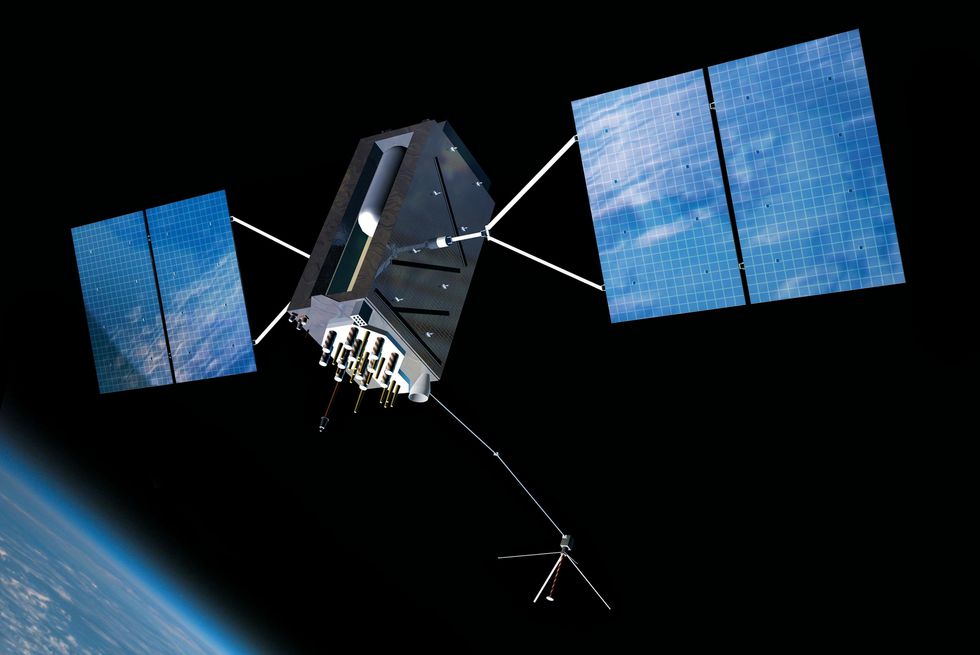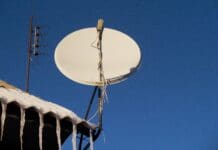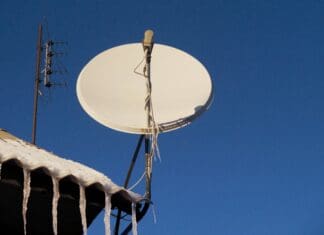This post is also available in:
 עברית (Hebrew)
עברית (Hebrew)
The U.S. Air Force wants 22 new GPS satellites that are built to resist jamming and electronic interference. The service expects to spend $2 billion on the new satellites for the GPS 3 constellation in the next five years. The production of all 22 satellites is expected to be worth as much as $10 billion, as reported by popularmechanics.com.
“The GPS 3 that we are moving toward is more jam-resistant, and it is intended to be able to operate in a contested environment,” Secretary of the Air Force Heather Wilson told reporters.
The constellation of 31 GPS 2 satellites currently in orbit will remain operational until at least 2021. The Air Force has already ordered 10 GPS 3 satellites from Lockheed Martin to start replacing the older GPS 2 network, with the first GPS 3 sat launching in March 2018 on a SpaceX Falcon 9 rocket. However, the Air Force has now decided it needs to quit buying up those GPS 3 satellites and go back to the drawing board.
As outer space evolves as a theater of war, the Air Force’s new priority for GPS satellites is hardening the electronics to resist jamming and other interference. Referring to China in her remarks, Wilson said it was “public knowledge that they can jam satellites,” and also mentioned a satellite-killing missile test China conducted in 2007.
Lockheed Martin will likely bid for the contract to build the new jam-resistant satellites, but other contractors like Boeing and Northrop Grumman are expected to toss their hats into the ring as well. Development of the new satellites is scheduled to begin in 2019 with the first new GPS 3 satellite delivered in 2026. The Air Force is calling this a “new start” for GPS 3.
The current GPS network, operated by Air Force Space Command, provides positioning services to billions of people around the world in addition to serving the U.S. Armed Forces. Other than the Roscosmos GLONASS network, the Air Force’s GPS 2 constellation is the only satellite navigation network with worldwide coverage. China is working to establish a GPS network of 30 satellites by 2020.
Increasingly, the Pentagon views these navigation satellites as a vulnerability. “I cannot think of a military mission that doesn’t depend on space,” Wilson said. “Our potential adversaries know it, and we need to protect those vital assets.”
From handheld Android phones strapped to the chests of special operators to precision guided missiles fired from ships and aircraft, military operations have never been more intertwined with space technologies. Making sure the global map of the battlefield is up and running is one of the Air Force’s top priorities.


























